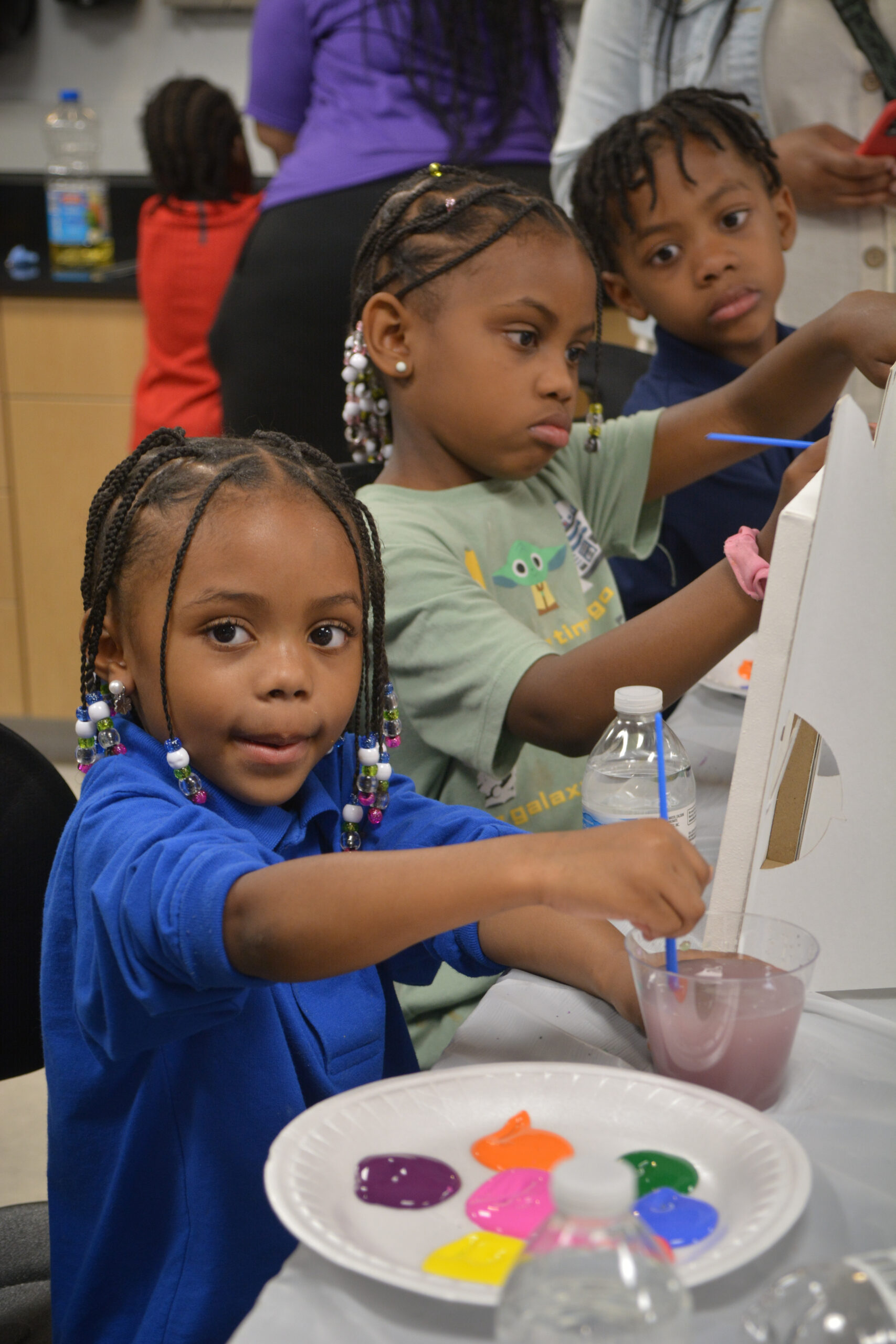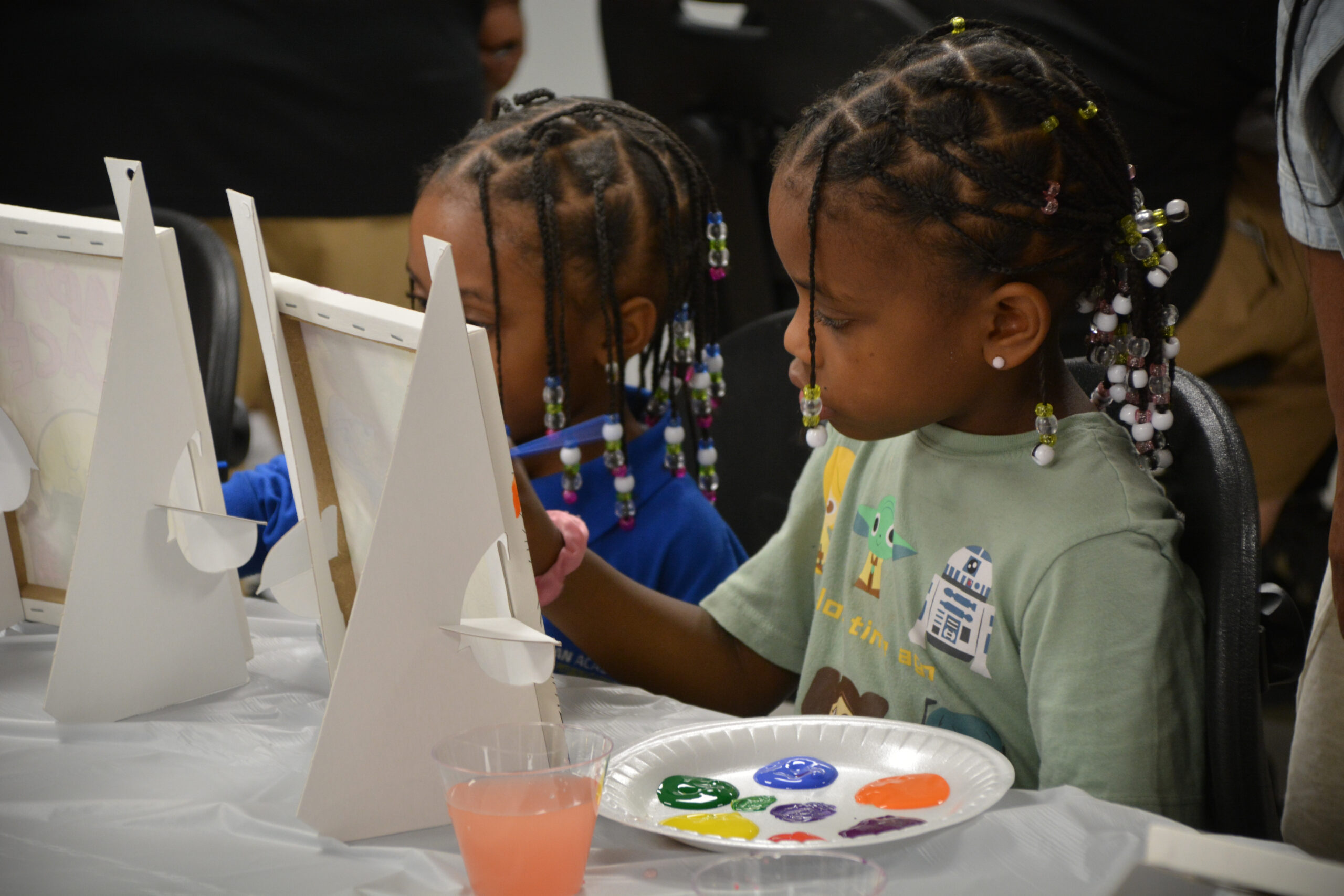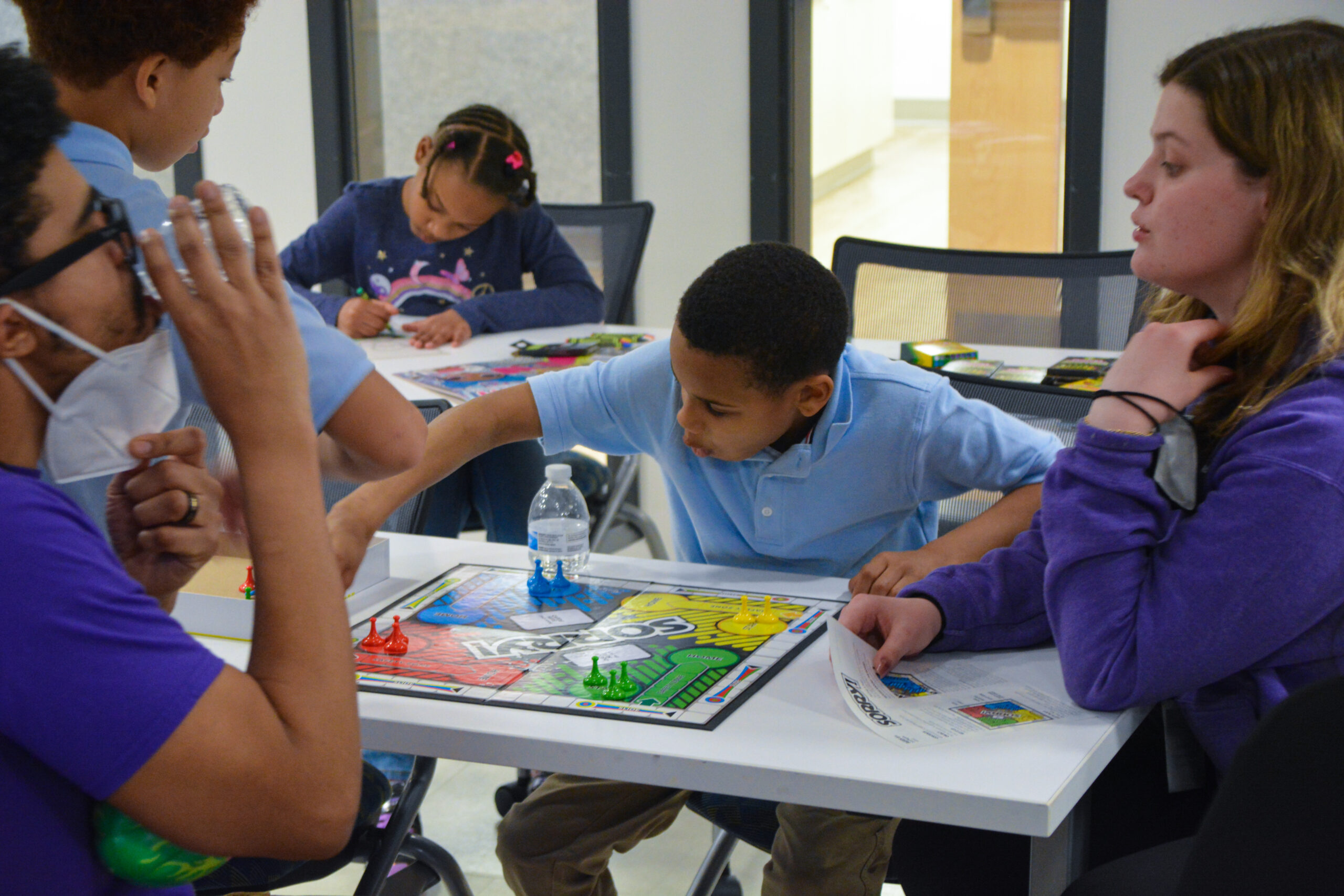
Our community programs provide an opportunity to reconnect, foster new relationships, share our work, cultivate community leaders, and create change.
Community Programs
- The Leadership Institute Focus Groups
- Community Dinners Holiday Parties
- Turkey Giveaways
- Toy Drives & Distributions
- Student Showcases Community Partner Exhibits








